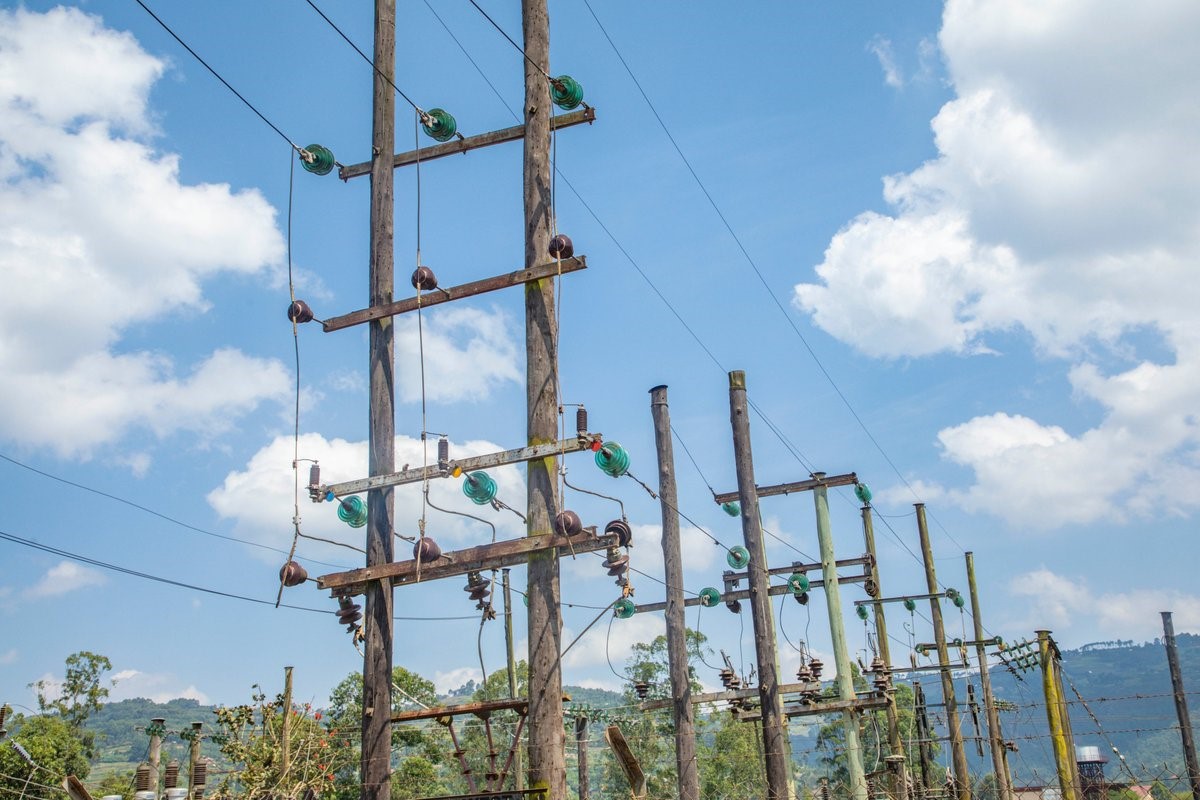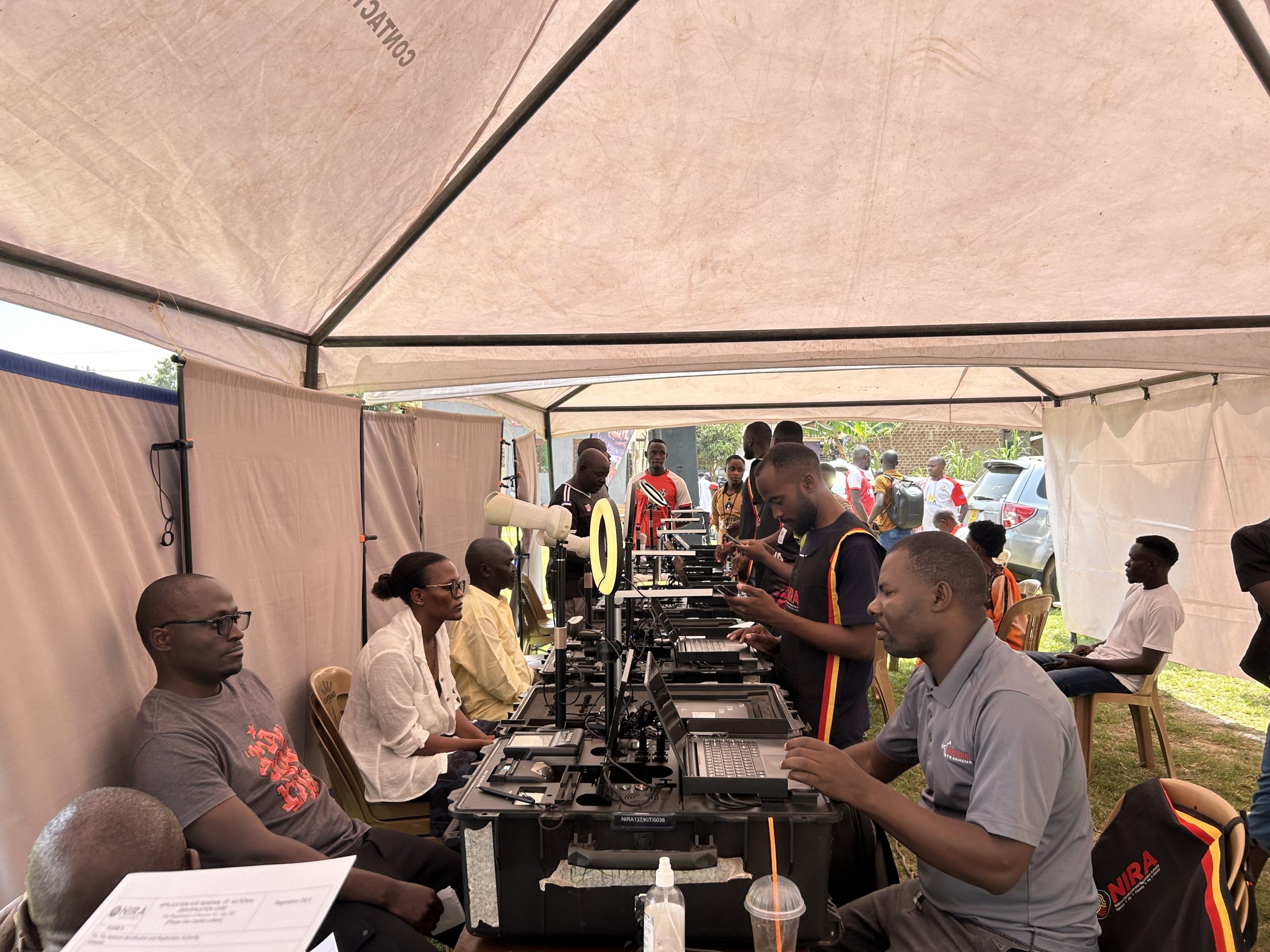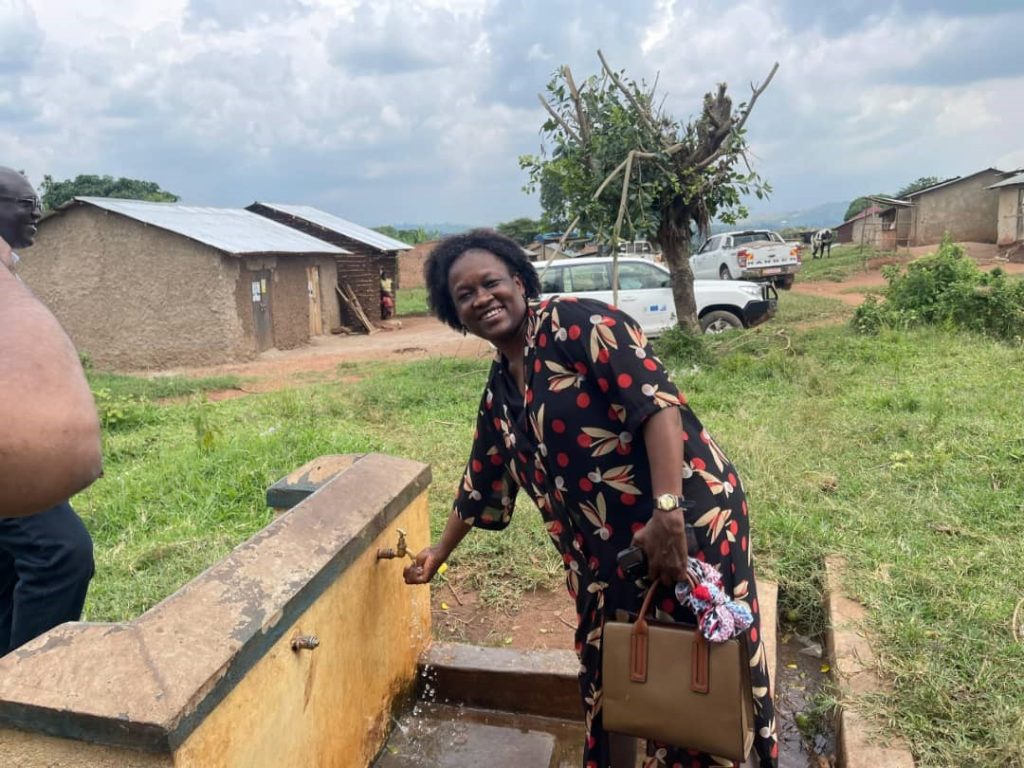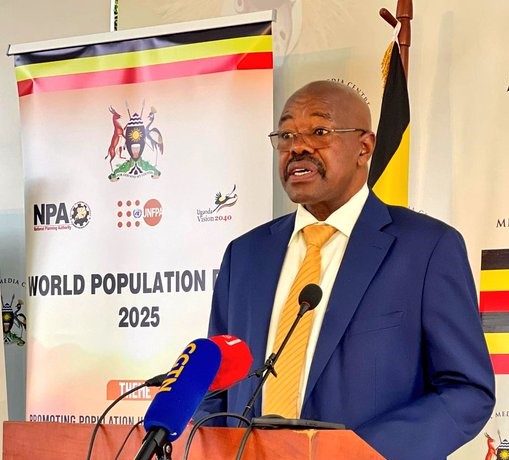As the country prepares for the upcoming National Resistance Movement (NRM) party primaries and the 2026 general elections, the Inspector General of Police, Abas Byakagaba, has unveiled a strategic security framework by creating nine electoral policing zones, each with designated commanders.
The move, according to police spokesperson Rusoke Kituuma, is aimed at coordinating security operations, improving responsiveness, and ensuring a peaceful and orderly electoral process throughout the country.
“These commanders will work closely with electoral officials, district leaders, and other security agencies to maintain law and order, prevent violence, and swiftly address any security threats,” Kituuma said.
List of Electoral Policing Zones and Commanders
The newly appointed zone commanders and their respective jurisdictions are as follows:
Busoga-Jinja Zone commanded by AIGP Moses Kafeero Kabugo, this zone includes Busoga North, Kiira, and Sezibwa policing regions.
Northern-Gulu Zone is under under AIGP Stephen Tanui, covering Aswa West, Aswa East, West Nile, and North West Nile.
Karamoja-Moroto Zone:
Commanded by CP Patrick Lawot, overseeing Mt. Moroto, Kidepo, Elgon, Sipi, Bekedi North, and Bekedi South.
Kyoga Zone will be led by CP Paul Nkore, covering North Kyoga, East Kyoga, and South Kyoga.
Central-Masaka Zone will be commanded by CP Godfrey Bolingo Maate, responsible for Masaka West, Masaka East, Katonga, and Wamala policing regions.
Kampala Metropolitan Zone under CP Richard Acega, includes KMP North, KMP South, and KMP East.
Albertine-Hoima Zone, commended by Moses Muluya, overseeing Albertine North, Albertine South, and the Savannah region.
South Western-Mbarara Zone, led Led by Hillary Kulaige, covering Rwizi, Greater Bushenyi, and Kigezi.
Rwenzori-Fort Portal Zone, commanded by Dennis Namuwoza, responsible for Rwenzori East and Rwenzori West.
The electoral policing zones are designed to enable regional commanders to better anticipate, manage, and prevent election-related disturbances.
Each commander will lead a security task team expected to coordinate closely with Electoral Commission officials, local councils, and community leaders.










